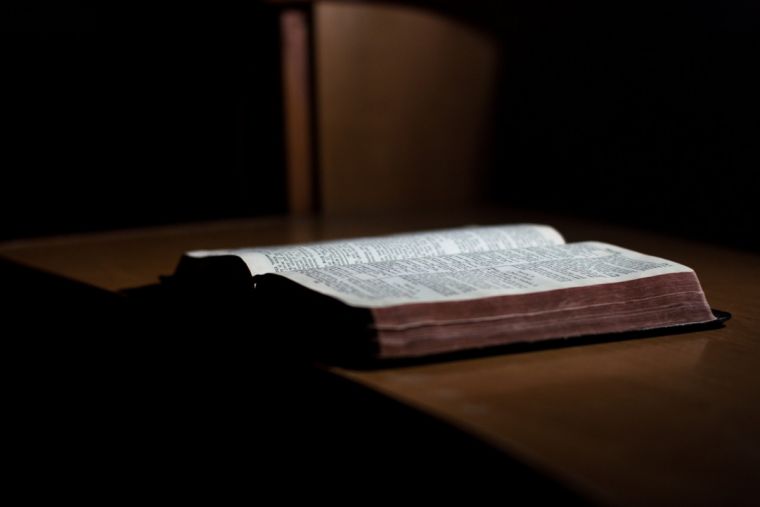Jeremiah's hope: How we can learn from the faith of Israel's great prophet
Jeremiah was a great prophet who lived through terrible times. His country was overrun by Babylonian invaders, and there was widespread panic. Anyone who could was converting their land into cash or valuables – but only a fool would buy land which could be taken by the enemy at any time.

In Jeremiah 32 there's a story of how this painful personal dilemma became an occasion for prophetic action.
Jeremiah's uncle Hanamel was one of those desperate for cash. He urges Jeremiah to buy land to which he is entitled, and Jeremiah agrees.
But his decision to buy his family land from his kinsman was more than just a commercial transaction. It was a statement of trust in God's future. He knew Jerusalem would be destroyed, the king would be imprisoned and the country ruined. But he was saying he believed God would keep his promises to Israel and that one day the wanderers would come home: 'For this is what the God of Israel says: "Houses, fields and vineyards will again be bought in this land"' (verse 15).
Jeremiah himself didn't live to see it. He died far away from his home, in exile in Egypt, and never saw the fulfillment of the promise.
His story is a lesson for us. As far as anyone else was concerned, he was a failure. His king didn't listen to his warnings, and was destroyed; his brave statement of faith looked absurd when the nation was defeated. But in time to come he'd be remembered for his faithfulness.
Romans 8:25 says: 'Hope which is seen is not hope; how can we hope for what we see? But if we hope for what we do not see, we wait for it in patience.' Jeremiah hoped in an invisible future, and as far as we know he kept hoping all his life.
We are tested, often to breaking point, when our hopes aren't fulfilled. We may have all sorts of hopes and dreams, and have to live with their failure, one by one. But Jeremiah's story tells us that it's worth waiting, and that we should always trust.
God's vision is longer than ours; as the hymn says, he 'holds the key of all unknown'. Our future is in his hands.
Follow Mark Woods on Twitter: @RevMarkWoods











